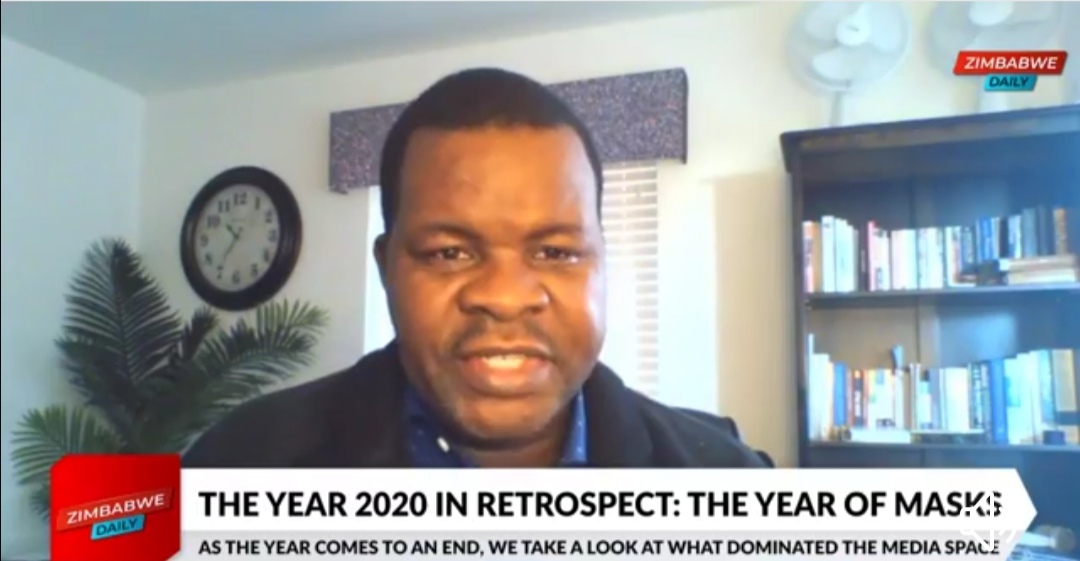(Last Updated on January 3, 2021 by GERALD NCUBE)
HARARE – Human Rights Watch Director for Southern Africa Dewa Mavhinga says there is still a lot to be done to improve the human rights situation in Zimbabwe especially coming from a year where authorities have intensified the clampdown on dissenting voices.
Mavhinga said this was despite the existence of a progressive 2013 Constitution which was meant to usher in a new direction towards the respect of people’s rights and freedoms.
2020 IN RETROSPECT https://t.co/pDUyUZOUo7
— zimDaily (@ZimDaily) December 30, 2020
“In terms of human rights respect in Zimbabwe, we know that as a country we have a progressive 2013 Constitution that has got an expansive list of the bill of rights. So on paper, we have the rights but the country can do more in terms of ensuring the enjoyment and protection of those rights that are enshrined in the bill of rights of the Constitution…
“As a country, Zimbabwe has done badly on the socio-economic front. For example, we know that this year 2020 has ended with over 50% of the country’s population in need of food aid, facing starvation, depending on handouts. So you have more than 8 million people who need and are dependent on food aid
“So there is a massive food crisis in the country and that leads to the violation of the right to food, said Mavhinga.
Mavhinga also alluded the ongoing water shortages faced across the country and the violation of the right to health suffered by many citizens due to the state of our health system particularly in the context of a global pandemic.
The country’s health system over the years has been characterised by a shortage of medication, staff on strike and lack of equipment.
He said these problems were stemming from massive corruption which has led to national resources being diverted from their intended use.
The human rights lawyer further cited the continued crackdown on dissenting voices in the country and argued that the government was using the lockdown to close down the political space.
“We have seen that the lockdown restrictions have been used to clampdown on opposition, critics, journalists, lawyers, on political activists and we have had unresolved cases of abductions, torture, arbitrary arrests.
“The big challenges is that the authorities have consistently denied that these things are happening. They have not arrested anyone and as Human Rights Watch we have said where there are serious allegations of torture, it is important to bring in independent investigators. For example, the United Nations independent expert on torture.
“But the authorities have also not taken this up. So there has been serious concerns that there is an authoritarian streak that is running through the Mnangagwa administration. A refusal to accept criticism, different views and to allow civil society and opposition to flourish in a multi-party democracy that Zimbabwe should be,” added the human rights expert.
Mavhinga highlighted that most of the problems facing the country such as corruption and other human rights violations were because of the lack of accountability and the impunity enjoyed by those with proximity to the political elites.











